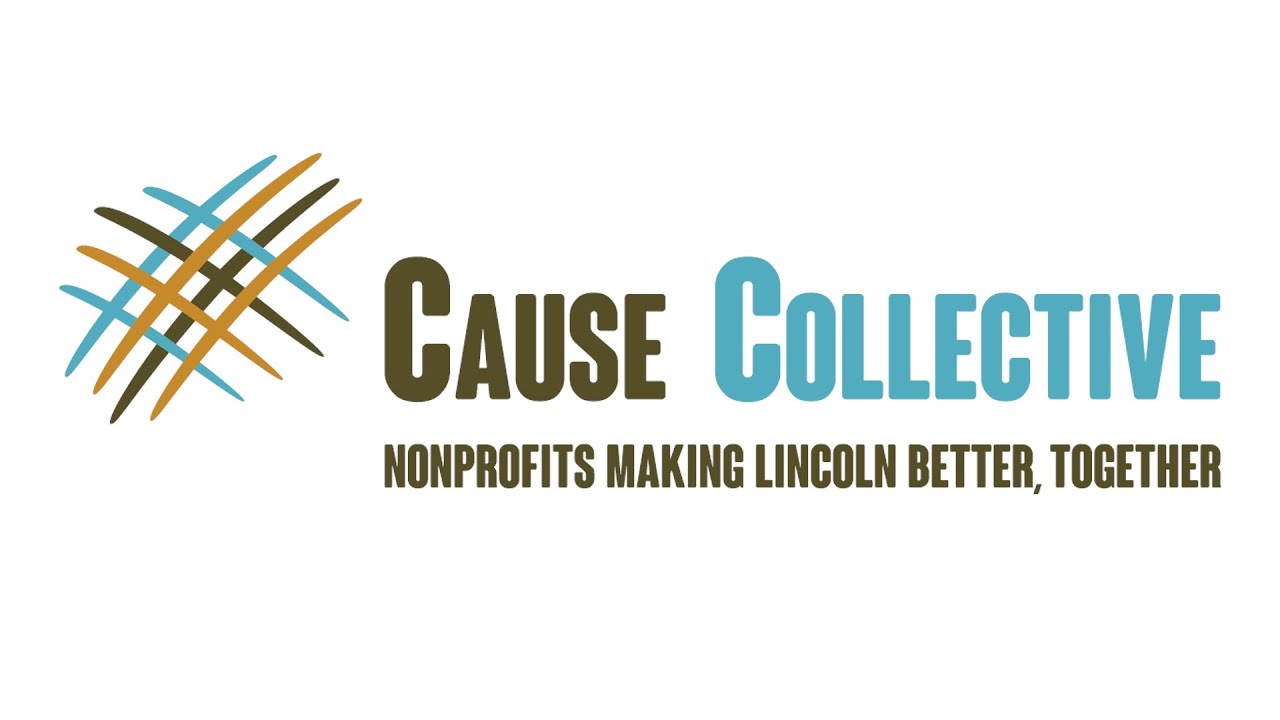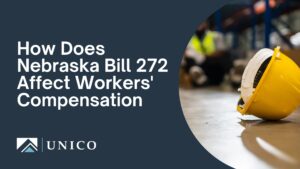Protecting your mission
Nonprofit organizations provide essential social services that benefit the community and their members.
However, even if your organization doesn’t sell a product or generate profit, there are still a number of potential risks that can affect your employees, assets, volunteers, directors and officers, and most importantly, your mission.


Risk of nonprofits and social services
Countless claims can be brought against your nonprofit. For example, a volunteer could sue your directors and officers for discrimination or harassment, leading to costly litigation. Additionally, should an individual injure themselves at one of your events or on your property, they could bring a claim against you.
Cause Collective
UNICO is a bronze level corporate partner of Cause Collective Lincoln
Common exposures
Directors and officers
With each decision they make on behalf of your organization, directors and officers (D&O) of nonprofits assume a level of risk. In the event of a claim, nonprofit leaders can suffer damage to their reputation and personal finances. What’s more, D&O claims can come from a variety of sources, including employees, clients, volunteers, regulators and donors.
Volunteers
Nonprofits depend heavily on the kindness of volunteers to successfully carry out their mission. However, should one of these individuals injure themselves while serving your organization, you could be held liable for any damages. What’s more, insurance coverage for volunteers isn’t always available under general liability policies. Accordingly, many nonprofits choose to insure their volunteers under a stand-alone insurance policy.
Legal accusations
Nonprofits are at risk for false allegations of sexual assault due to the unique characteristics of these organizations (e.g., frequent, unsupervised interactions between children and trusted adults). Whether legitimate or not, sexual abuse allegations involving employees, volunteers, or directors and officers can have catastrophic consequences for your group or organization.
Professional services
If your nonprofit provides counseling, training, or other kinds of instruction or services, professional liability exposures can be substantial. When providing these services, any errors and omissions—whether intentional or not—can create serious legal concerns. Specifically, should your organization, board of directors, employees or volunteers provide advice or make decisions that harm a third party, your nonprofit could face legal action.
Technology
As more and more nonprofits use databases to keep records of members, clients, volunteers and donations, cyber exposures will continue to increase. In fact, nonprofits are a common target for cyber criminals, as these organizations often process a high volume checks and credit and debit card information when taking donations. In addition, volunteers and employees who are improperly trained on computer and data safety could put your organization at risk of ransomware, viruses, phishing scams and malware.
Workers’ compensation
Any time one of your employees or volunteers is injured on the job, your organization could be subjected to expensive workers’ compensation claims. Common sources of on-the-job accidents for nonprofits include slips, trips, falls and musculoskeletal injuries caused by repetitive tasks, sprains and strains. Normal, everyday tasks related to data entry or setting up an event can lead to accidents and, in turn, increased costs for your business.




